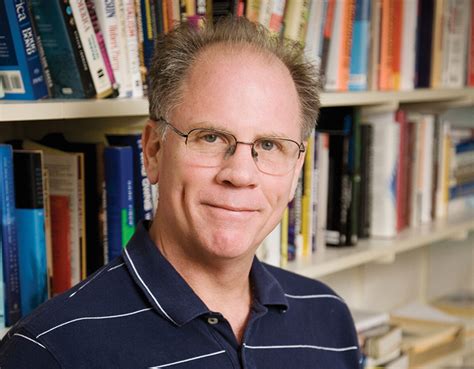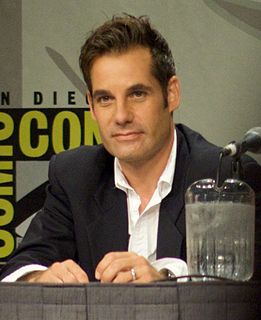A Quote by Robert McChesney
Which is supposed to mean they're doing something in their broadcasting they would not do is they were simply out to maximize profit; if they were really public service institutions, not purely profit maximizing institutions.
Related Quotes
Countries were told they had no incentives because of social ownership. The solution was privatization and profit, profit, profit. Privatization would replace inefficient state ownership, and the profit system plus the huge defense cutbacks would let them take existing resources and an increase in consumption. Worries about distribution and competition or even concerns about democratic processes being undermined by excessive concentration of wealth could be addressed later.
For the corporation executives, the military metaphysic often coincides with their interest in a stable and planned flow of profit; it enables them to have their risk underwritten by public money; it enables them reasonably to expect that they can exploit for private profit now and later, the risky research developments paid for by public money. It is, in brief, a mask of the subsidized capitalism from which they extract profit and upon which their power is based.
In speaking of the capitalists who strive only for profit, only to get rich, I do not want to say that these are the most worthless people capable of doing nothing else. Many of them undoubtedly possess great organising talent, which I would not dream of denying. We Soviet people learn a lot from the capitalists. But if you mean people who are prepared to reconstruct the world, of course you will not be able to find them in the ranks of those who faithfully serve the cause of profit. ..The capitalist is riveted in profit and nothing can tear him away from it.




































